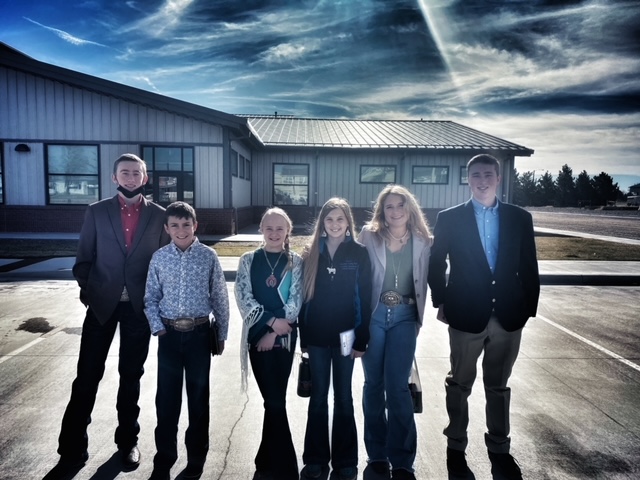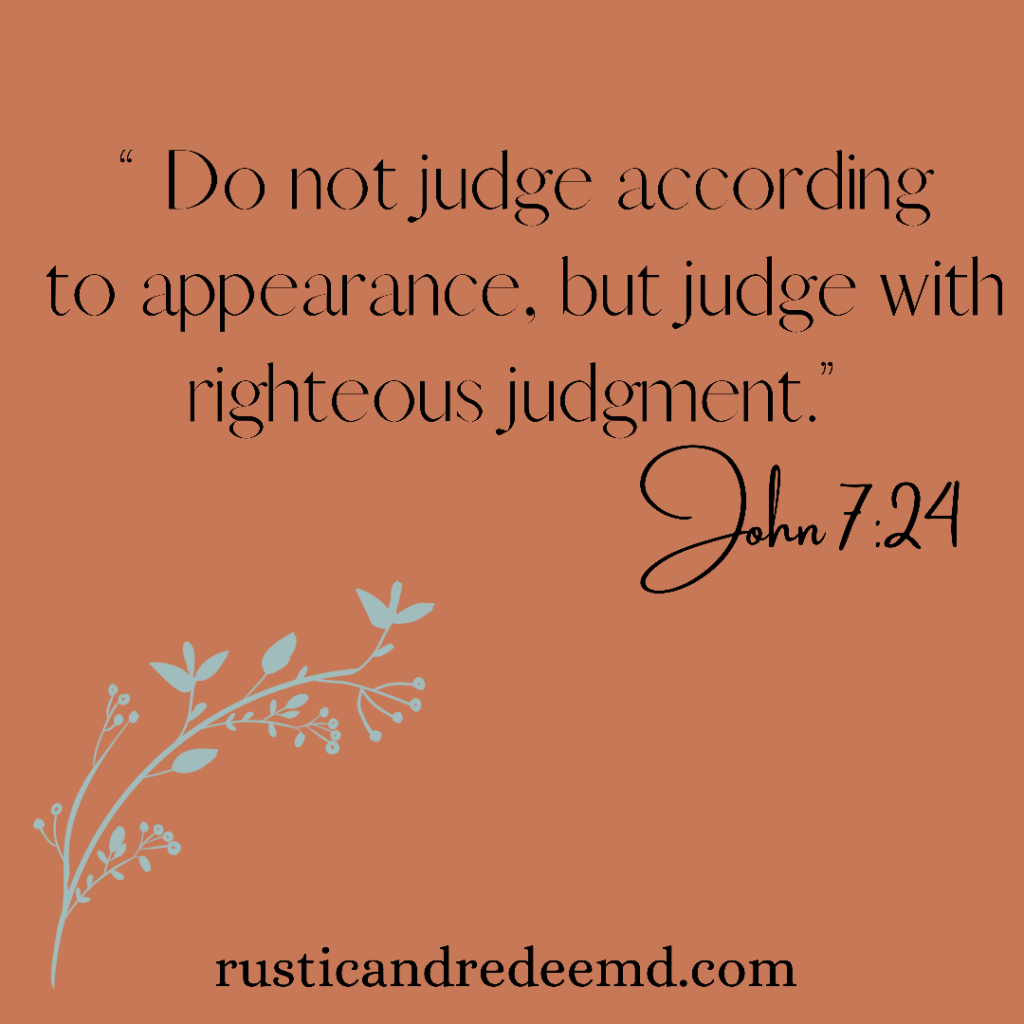
For most of the summer I have had the joy and privilege of hauling 4-H kids around the state for livestock judging competitions as they took part in the 4-H sponsored 307 Livestock Judging Series.
For those of you who aren’t involved in agriculture, livestock judging is the process of evaluating, selecting, placing, and learning the various livestock species: cattle, sheep, swine, and goats. Livestock judging competitors compare and contrast animals on their merit and value as either a market or breeding animal, evaluating them according to their form and function. A class of four animals is placed top to bottom, and then the kids have to give “reasons” about why they placed some of the classes the way they did.
Judging is such a valuable skill for these ag kids; it gives them the tools needed in knowing livestock, assessing what makes a good, functional, productive, and marketable animal, as well as growing in their oral communication skills. However, livestock judging can be an intimidating activity for kids because it involves making hard determinations and then speaking with confidence about why they made the judgments they made.
To be successful, these 4-H kids have to be brave and confident. They also have to have a “stick-to-it-iveness” – they have to experience failure before they can experience success. Learning to be a good livestock judge means they have to place some classes wrong, fumble, and stutter when speaking about their placings(not to mention sweat and shake!); and they often have to watch as fellow contestants go up for those ribbons and plaques while they don’t.
The most important part of this process is when they go back after the contest to look over classes they placed wrong & re-evaluate why they were incorrect in their judgment.
I love these kids and am so proud of how they have taken the ups and downs of livestock judging, not giving up but looking at each contest as a learning experience to better their skill. They aren’t just learning how to analyze, place and talk livestock classes; they are also learning how to win and lose graciously, make new friends, and have a lot of fun along the way!
Spending so much time with these judging kids has me thinking that many of us could benefit from some of the lessons they are learning when making judgments in life.
Because whether we like it or not, we all have to develop the skill to analyze and judge what is right and what is wrong, what is beneficial and what isn’t. There is an inherent tendency in human nature to judge.
We judge circumstances in life, decisions we must make, decisions others are making which might affect our lives or our loved ones, and how we need to handle conflict and disagreements. And yes, sometimes this means we must make judgments about other people. Sometimes we are faced with having to give an answer defending why we made certain judgments, and it might be that as we are giving our own “reasons” for certain judgments we’ve made, we might just find that we were wrong. That’s when we should probably go back and do some re-evaluating!
The act of judging others has a very negative connotation, especially as Christians. We are repeatedly told not to be judgemental, that judging other people is wrong, harmful, destructive, and sinful. And that isn’t wrong. Judgments we make in life are nothing like livestock judging because, well, we aren’t livestock! We definitely should not be judging one another based on our form and function, comparing and contrasting each other’s merit and value.
God’s Word tells us that we each have intrinsic value to Him. How we judge others or how others judge us doesn’t change that truth.
“For it was You who created my inward parts; You knit me together in my mother’s womb.
I will praise You because I have been remarkably and wonderfully made. Psalm 139:13-14 (HCSB)
Judging other people is harmful to relationships, divisive to us as a country, in our towns, churches, schools, and families. Ultimately, judging other people doesn’t do much in encouraging others to seek a relationship with Christ. On the contrary, an attitude of judgment will push people away from pursuing any kind of faith or trust in the Lord if they feel that they are harshly or unfairly judged by the very people representing Him.
Ultimately, God alone must judge our hearts, attitudes, and actions because we don’t have the perspective, or honestly, the grace needed to judge rightly.
The Bible does speak out against passing judgments about other people, “Do not judge so that you won’t be judged. For with the judgment that you use, you will be judged, and with the measure you use, it will be measured to you. Why do you look at the speck in your brother’s eye but don’t notice the log in your own eye? Or how can you say to your brother, ‘Let me take the speck out of your eye,’ and look, there’s a log in your eye? Hypocrite! First, take the log out of your eye, and then you will see clearly to take the speck out of your brother’s eye.” (Matthew 7:1-5 HCSB).
This statement by Jesus to not judge is speaking against the kind of condemning, self-righteous, hypocritical, judgmental attitude that is unfair, unbalanced, and unkind. This kind of judgment is often done without examining our own hearts, motives, and sinfulness. We see a speck of sin in another’s life but are unaware of the protruding log of wickedness in our own eye.
If we become hyper-aware of the small offenses committed by others but aren’t self-aware of our own depravity, we are guilty of this kind of judgment, and we will be judged in return. So we’ve got to take that log out of our own eye first so we can clearly see with wisdom and discernment.
Jesus also had these words to say about judging others: “Stop judging according to outward appearances; rather judge according to righteous judgment.” (John 7:24, HCSB). Appearances can be so deceitful, we never truly get the whole picture of circumstances that make a person who they are and do the things they do. We don’t see into their hearts. God alone has that perspective.

I have learned this lesson repeatedly in my almost 50 years of life: we humans tend to like to judge what we see in others because it keeps us from having to deal with our own messiness.
In other words, as Christians, we must take care of our own sinfulness and ask God what work He needs to do in our lives first; then we can look at others through the lens of His love for them and not the lens of our own sense of self-righteousness. This allows us to not only judge with a righteous judgment the speck in someone else’s eye but also gives us the wisdom to know how to truly help them.
Because, yes, God’s Word does tell us that there is a need and necessity for a righteous kind of judgment. The verse from John tells us this right after it warns us against judging others because of appearance. However, this is a kind of judgment that is wise and discerning; the kind of judgment also spoken about in Philippians 1:9-11, “And I pray this: that your love will keep on growing in knowledge and every kind of discernment, so that you can approve the things that are superior and can be pure and blameless in the day of Christ, filled with the fruit of righteousness that comes through Jesus Christ to the glory and praise of God.”
Matthew Henry said it so well: “That they might be a knowing and judicious people: that love might abound in knowledge and in all judgment. It is not a blind love that will recommend us to God, but a love grounded upon knowledge and judgment. We must love God because of his infinite excellence and loveliness, and love our brethren because of what we see of the image of God upon them. Strong passions, without knowledge and a settled judgment, will not make us complete in the will of God, and sometimes do more hurt than good.”
As Christians, we don’t make judgments without knowledge, wisdom, and discernment. Instead, we use the sense that the Good Lord gave us (as my mother would always tell us kids), and we make right judgments using the balance of his Word. Using wise judgment allows us to recognize the things of God that are true, excellent, and praiseworthy. And unlike harsh and unwise judgment, this type of discernment gives us a deep and sincere love for one another.
Just as this group of 4-H kids has had to learn how to carefully and accurately judge livestock and then give their “reasons,” we too must carefully and accurately distinguish His truth from error and be prepared to give our “reason” for the hope that is within us. (1 Peter 3:15 )
God has great lessons for us when we seek His truth in Scripture and live it out in our daily lives. I might not always get it right, but God is unending in His grace and patience with me as I work to make right judgments based on Who He is, who I am in Him, and who others are based on His love for them, not my own human judgments. And before I ever make any kind of judgment, the very first thing I must judge is my own life, conduct, and motivations. The big log of sin in my own eye needs to be removed before I am ever able to make any kind of wise judgment

Blessed with this article. This seems to be an ongoing process for me. I love the input you have on this. very wise words !!
Awww, thanks Portia, I appreciate that. It always is an ongoing process isn’t it? Hugs back to you.